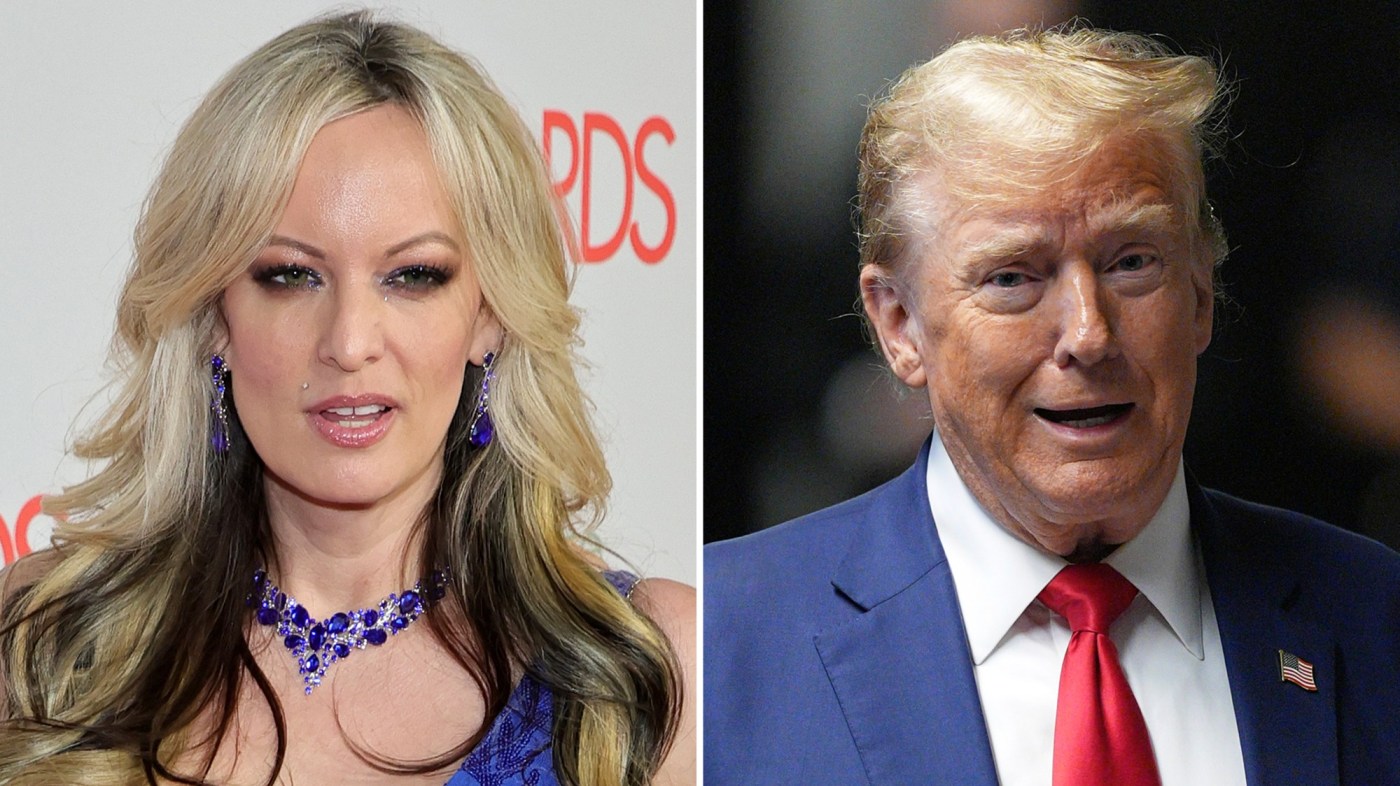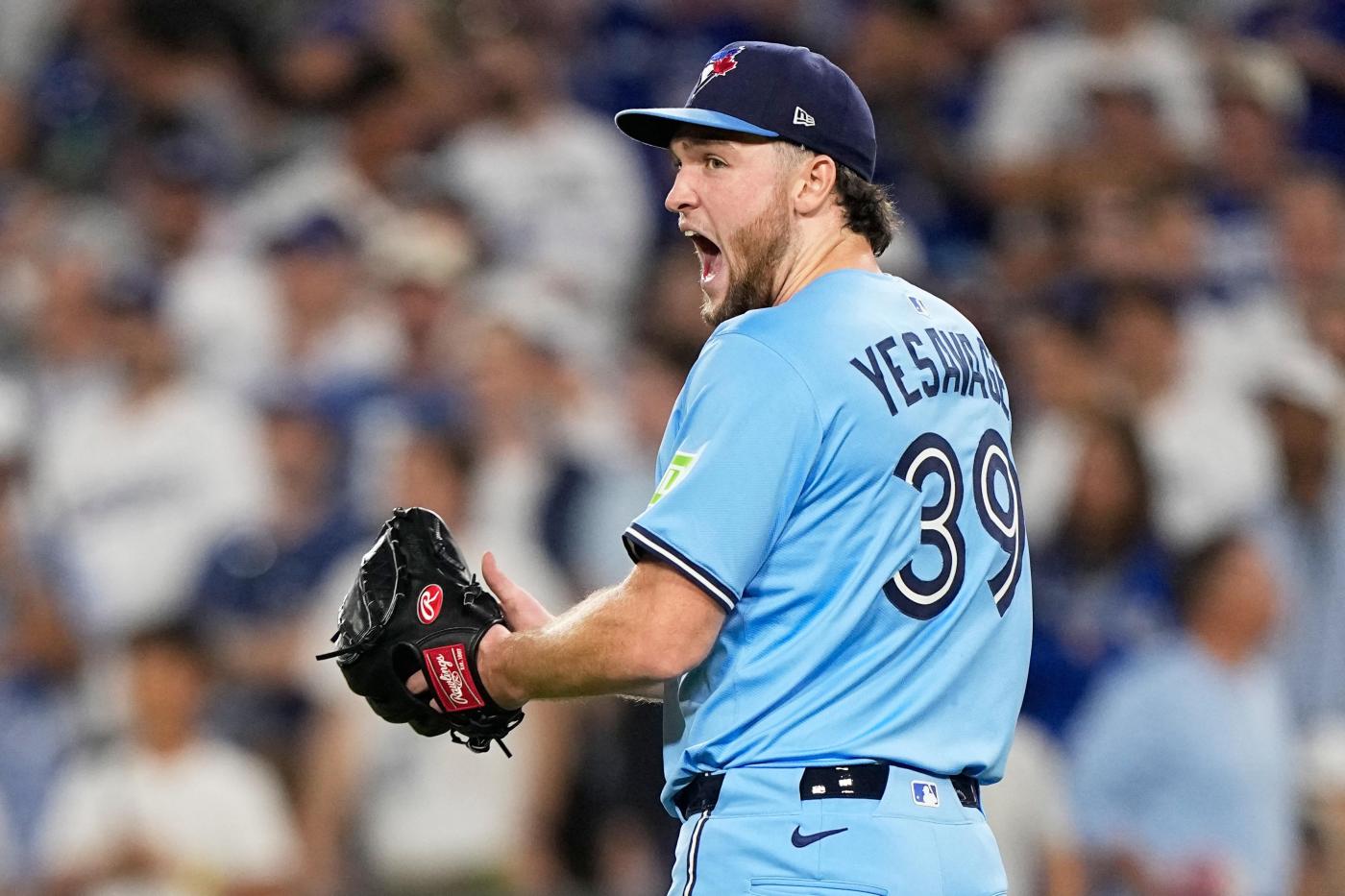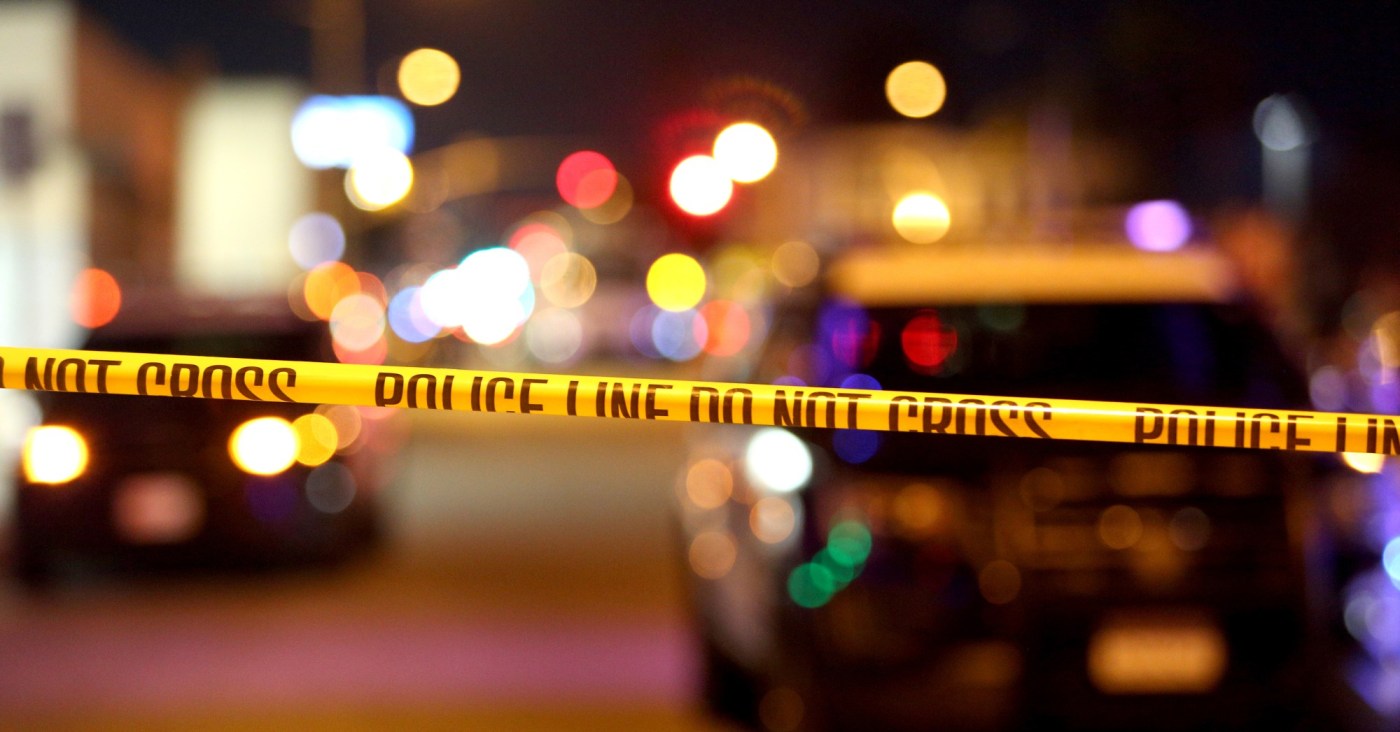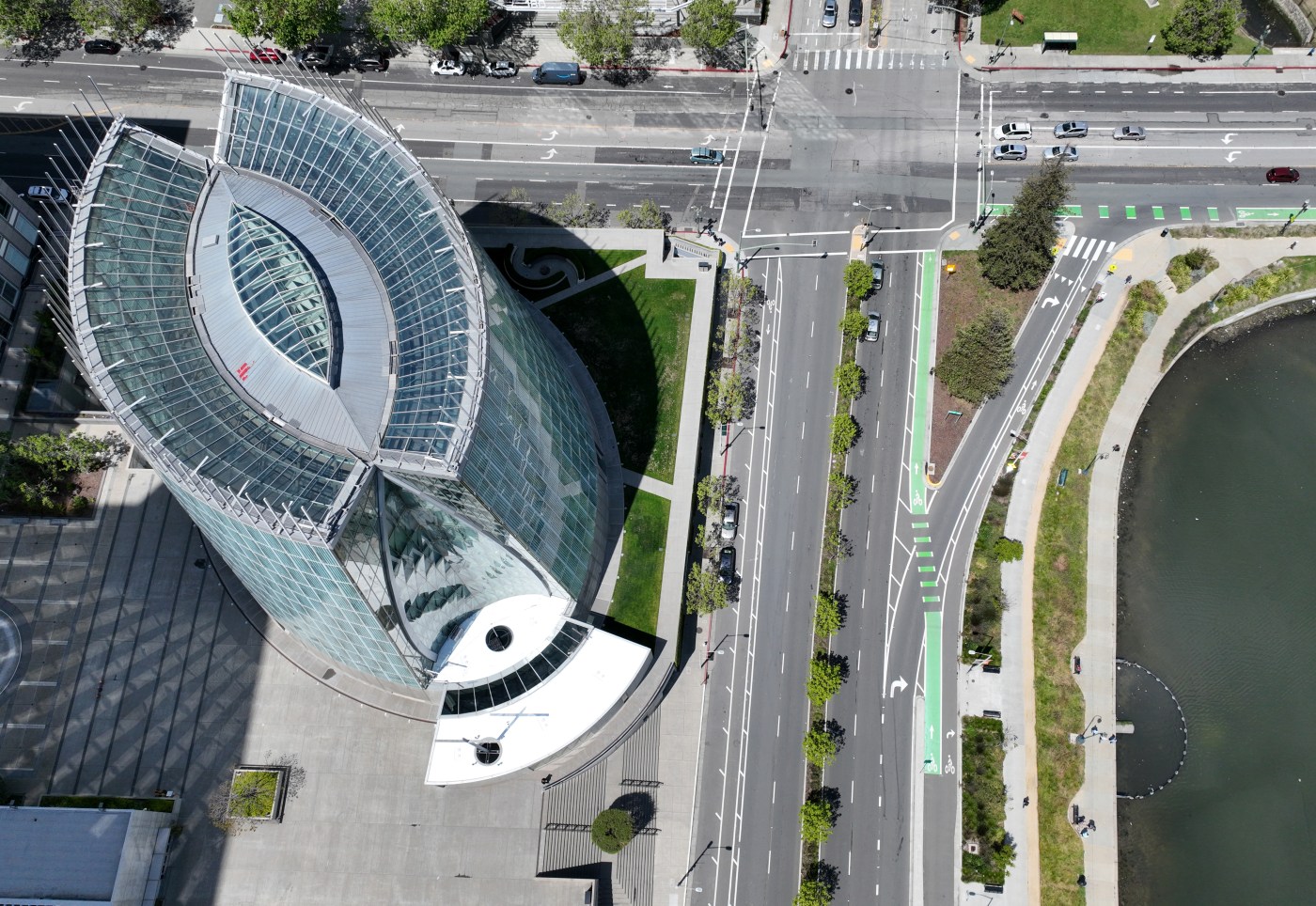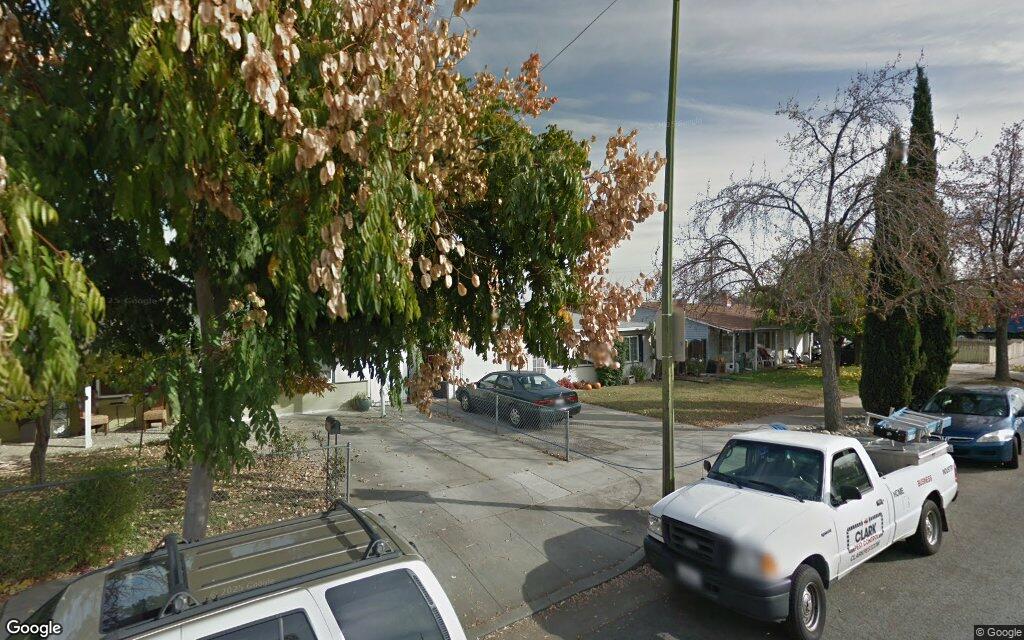President Trump has appealed the guilty verdicts against him in the Stormy Daniels hush money case, blasting the prosecution as politically motivated and seeking to wipe clean the criminal record he racked up before his return to power.
Related Articles
Katy Perry is ‘really into’ new beau Justin Trudeau
Kim Kardashian says she’ll be a ‘qualified’ California lawyer next month
Author Michael Wolff sues Melania Trump over effort to kill tell-all book
NFL stands by Bad Bunny as headliner for Super Bowl LX halftime show
White House denies report Trump could free Diddy soon; TMZ doubles down
The presidentâs legal team, in a 96-page brief filed late Monday, rehashed several arguments they made before, during, and after Trumpâs 2024 New York trial. They included accusations that Manhattan District Attorney Alvin Bragg âmanufactured felony chargesâ under political pressure and that the trial court judge, Justice Juan Merchan, was biased based on previous donations to Democrats totaling $35.
The appeal doubled down on Trump’s argument that the U.S. Supreme Court’s ruling on presidential immunity proved Merchan should have barred certain evidence from the trial, an argument that was previously rejected.
âThis is the most politically charged prosecution in our Nationâs history,â wrote Trumpâs lawyers at the Sullivan & Cromwell law firm. âThis case should never have seen the inside of a courtroom, let alone resulted in a conviction. This Court should now reverse.â
President Donald Trump looks on in the courtroom, during his trial for allegedly covering up hush money payments linked to extramarital affairs, in New York City, on April 30, 2024. (Photo by SETH WENIG/POOL/AFP via Getty Images)
Bragg’s office did not immediately respond to a request for comment on the appeal. It’s slated to respond to the filing in writing.
A Manhattan Supreme Court jury on May 30, 2024, found Trump guilty of committing 34 felony counts of falsifying business records within a scheme to defraud the voting public about his alleged philandering. The then-Republican presidential hopeful received a record boost in donations of more than $50 million after the verdict came down, his campaign said.
The historic verdict, which made Trump the first U.S. president to be criminally convicted, came after the jury heard he had signed off on a plan to disguise payback to his former fixer, Michael Cohen, for paying Daniels $130,000 in the leadup to the 2016 election, logging the reimbursement as mere âlegal fees.â
The money bought the porn starâs silence about purportedly sleeping with Trump at a Lake Tahoe golf tournament event in 2006, not long after he wed Melania Trump.
Jurors heard the payment was one in a series made to hide unflattering information about Trump from the electorate in a “catch and kill” scheme devised among Trump, Cohen and supermarket tabloid publisher David Pecker in August 2015.
The scheme allegedly included payoffs to former Playboy model Karen McDougal, who has long claimed she had a monthslong affair with Trump in the late 2010s, and a doorman at Trump Tower, Dino Sajudin, who had claimed to have knowledge of Trump impregnating a maid.
Trump has denied all of the encounters.
The appeal also repeats Trumpâs argument that the charges rested on an alleged violation of federal campaign regulations and that Braggâs office should have been barred from trying them, as the feds never did.
The president faced no meaningful consequences for the conviction, receiving an unconditional discharge with no prison time, fines or other restrictions at his sentencing last January, 10 days before he returned to the White House.
But the case’s resolution made him a felon on paper, which he now seeks to erase in his appeal before New York’s midlevel Appellate Division, 1st Department. In a separate challenge, Trump is trying to get the case moved to federal court, a move that could allow him to target an appeal before the U.S. Supreme Court’s conservative majority.
The Supreme Court’s immunity ruling that Trump has primarily relied on to fight his conviction was issued in July 2024, a month after he was found guilty. The court held that presidents are entitled to immunity from criminal prosecution for “official acts” performed in office, granting sweeping protections to Trump and to anyone who serves as president after him.
Michael Cohen departs his apartment building on his way to Manhattan criminal court, Thursday, May 16, 2024, in New York. (AP Photo/Andres Kudacki)
As examples of âofficial actsâ that they said the jury shouldnât have heard about, Trumpâs lawyers in the appeal cited testimony about conversations he had with his former White House communications director, Hope Hicks, about the Daniels payoff; posts slamming Cohen on his official presidential account on what was then known as Twitter, and testimony from his former director of Oval Office operations, Madeleine Westerhout, about Trumpâs work habits and preferences as president, like using a Sharpie.
“The trial was fatally marred by the introduction of official presidential acts that the Supreme Court has made clear cannot be used as evidence against a president,” the appeal reads. “Beyond these fatal flaws, the evidence was clearly insufficient to convict.”
Justice Merchan rejected Trumpâs immunity arguments in refusing to throw out his conviction last year, finding that even if he accepted that the contested testimony and exhibits regarded official acts, the prosecutionâs use of them as evidence of the âdecidedly personal acts of falsifying business records poses no danger of intrusion on the authority and function of the Executive Branch.â
The criminal case was the only one of four brought against Trump after his first term to make it to trial.
He faced federal criminal indictments in Washington, D.C., and Florida for allegedly plotting to overturn the valid results of the 2020 presidential election and illegally stashing stacks of sensitive classified documents at his Mar-a-Lago resort.
A Trump-appointed judge threw out the documents case in July 2024, and special counsel Jack Smith moved to dismiss the Jan. 6 case after Trump was reelected based on the Justice Departmentâs longstanding position that the Constitution forbids prosecuting a sitting president.
